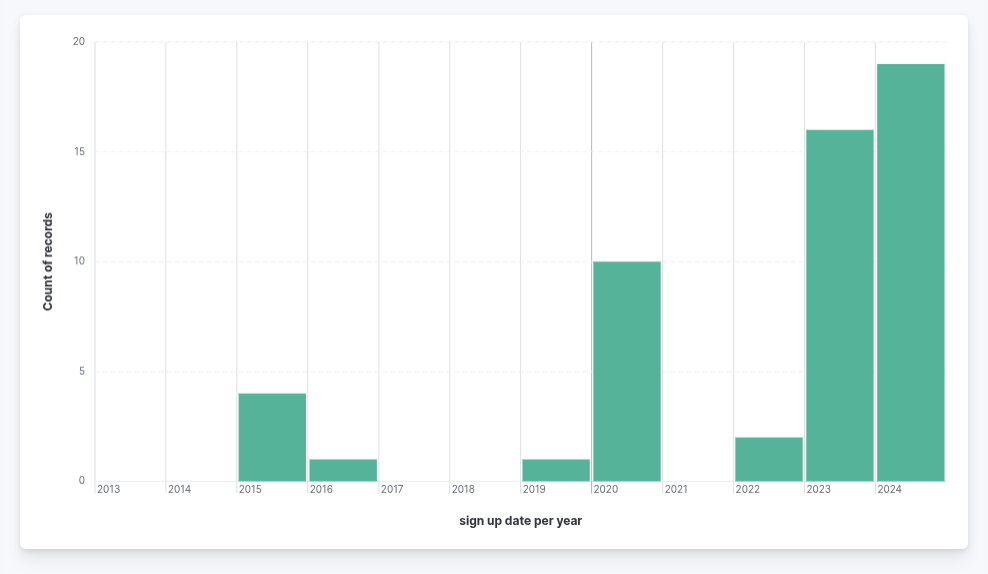Technology
155 readers
169 users here now
Share interesting Technology news and links.
Rules:
- No paywalled sites at all.
- News articles has to be recent, not older than 2 weeks (14 days).
- No videos.
- Post only direct links.
To encourage more original sources and keep this space commercial free as much as I could, the following websites are Blacklisted:
- NBC.
- CNBC.
- NY Magazine.
- Substack.
- Tom's Hardware.
- ZDNet.
- TechSpot.
- Ars Technica.
- The Verge.
- Engadget.
- TechCrunch.
- Gizmodo.
Encouraged:
- Archive links in the body of the post.
- Linking to the direct source, instead of linking to an article talking about the source.
founded 1 month ago
MODERATORS
226
227
2
The most powerful laser in the US recently produced 2 quadrillion watts of power
(news.engin.umich.edu)
228
229
230
231
232
14
233
234
235
236
237
238
239
240
241
242
243
49
244
245
246
247
10
Procolored: This Printer company served you malware for months, called them false positives
(www.gdatasoftware.com)
248
7
What does it mean to ‘accept’ or ‘reject’ all cookies, and which should I choose?
(theconversation.com)
249
250


